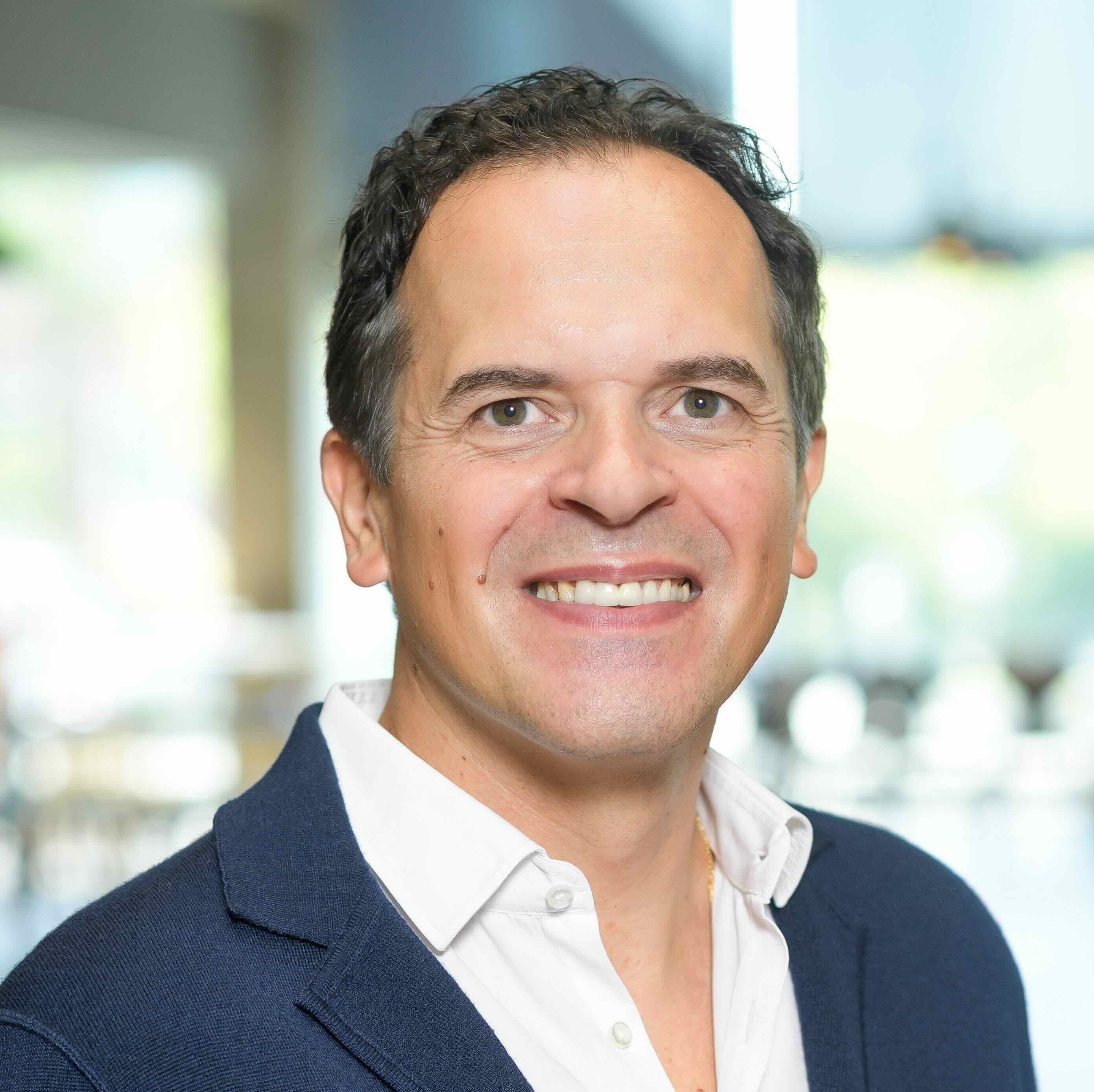20 a 20 Nov. 2025 - 12:00
In Vivo Dendritic Cell Reprogramming for Melanoma and Beyond
Filipe Pereira, PhD, Faculty of Medicine of Lund University, Sweden & University of Coimbra, Portugal
20 a 20 Nov. 2025 - 12:00
Filipe Pereira, PhD, Faculty of Medicine of Lund University, Sweden & University of Coimbra, Portugal

Adriana Sánchez Danés, PhD, Cancer and Stem Cell Biology Lab
Seminar room
Immune checkpoint blockade (ICB) has transformed melanoma treatment but remains ineffective in less immunogenic tumors lacking coordinated T and B cell activity within tertiary lymphoid structures (TLS). We developed an in vivo reprogramming therapy that converts cancer cells into type 1 conventional dendritic cell (cDC1)–like cells, generating robust tumor-specific polyclonal T cell responses. Across breast, colon, melanoma, bladder, and glioblastoma models, cDC1 reprogramming produced higher complete response rates than anti–PD-1 therapy. Reprogrammed tumor cells activated lymphotoxin and interferon pathways, driving formation of mature synthetic TLS (synTLS) with BCL6⁺ germinal centers linked to survival. Spatial transcriptomics revealed CCR7⁺ migratory cDC1 programs near synTLS enriched in B and CD4⁺ T cells and depleted of regulatory T cells. These effects required CD4⁺ T cells, were partly dependent on B cells, and did not require endogenous cDC1. Thus, cDC1 tumor reprogramming offers a tumor-agnostic strategy to overcome ICB resistance through synTLS induction. While these findings highlight the power of in vivo cell-state engineering, they also reveal a broader challenge: the lack of systematic tools to identify transcription factor (TF) combinations that control immune-cell identity. To address this, we developed REPROcode, a combinatorial single-cell screening platform for mapping TF networks and discovering optimal sets for immune-cell reprogramming. REPROcode reliably induced cDC1 states using multiplexed TF sets of 9, 22, and 42 factors, enabling identification of TF stoichiometry rules, fidelity enhancers, and regulators of cDC1 states. Expanding to an arrayed library of 408 barcoded immune TFs, we screened 48 dendritic cell–associated factors, generating diverse myeloid and lymphoid phenotypes and constructing a TF hierarchy map to guide future engineering. REPROcode’s versatility was further demonstrated by inducing NK-like cells. Together, these studies advance our ability to decipher and engineer immune-cell transcriptional programs, providing a foundation for next-generation immunotherapies.
Filipe Pereira is Professor of Molecular Medicine at the Faculty of Medicine of Lund University in Sweden and group leader at the University of Coimbra in Portugal. His group has pioneered cellular reprogramming approaches to understand and modulate the immune system. Dr. Pereira is co-founder of Asgard Therapeutics and has received more than 25 awards for his scientific and innovation efforts, including the Swedish Fernström Prize, the Pfizer-Portugal.
Register here.
Champalimaud Research (CR) Colloquia Series is a seminar programme organised by the Champalimaud Centre for the Unknown to promote the discussion about the most interesting and significant questions in neuroscience and physiology & cancer with appointed speakers by the CR Community.
